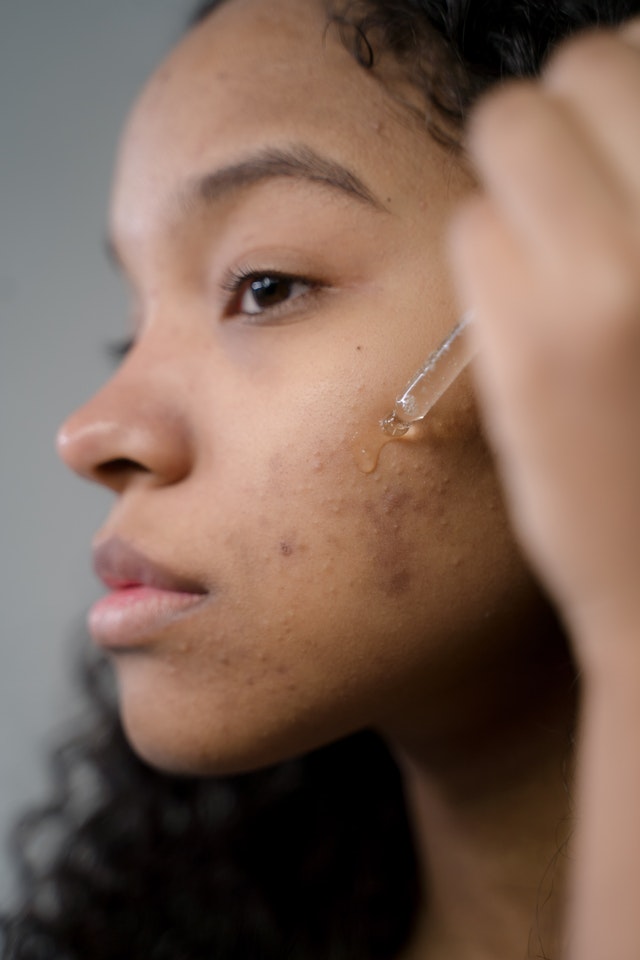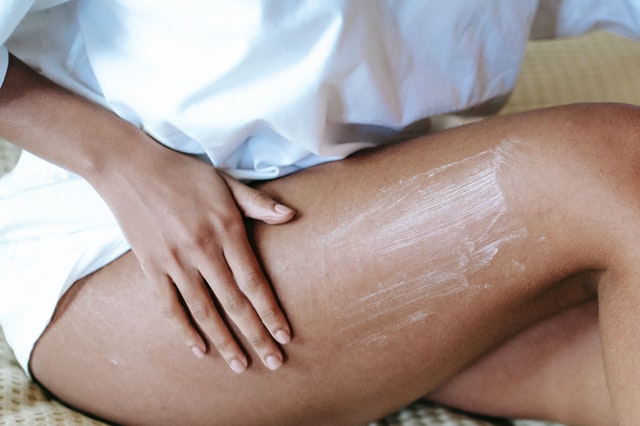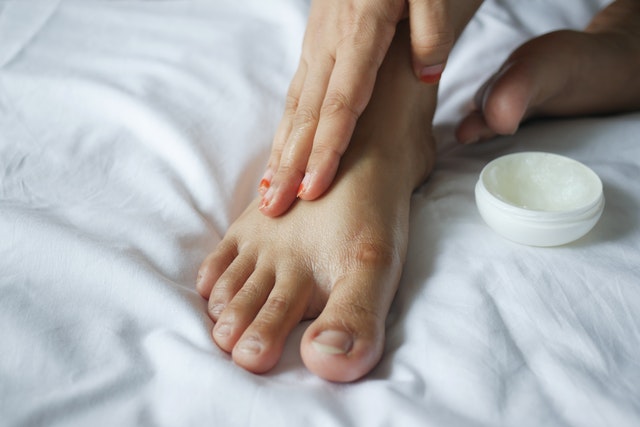The frigid winter air causes many problems for the skin, drying it out, resulting in flakiness and itching. Unfortunately, women often suffer more than men in winter, especially as they get older.
According to dermatologists, as women age, their skin is less capable of maintaining moisture. The natural loss of moisture only compounds the winter dryness problem.
Dehydration leads to the compromise of the skin's protective layer. The compromise of this layer can result in further skin damage, including cracking and wrinkling.
How do you protect your skin? What can you do to ensure you maintain adequate hydration even in the coldest and driest months of the year?
Look for Serums With Hyaluronic Acid

Skin serums help repair the damaged protective layer of the skin, and serums containing hyaluronic acid provide extra hydration protection. Hyaluronic acid can hold up to 1000 times its weight in hydration, making it one of the best ingredients for super-thirsty skin.
When looking at the ingredients list for facial serums, look for the amount of hyaluronic acid. Some serums contain the ingredient but only in small amounts. You want to find the solutions that use it as a primary ingredient. Some manufacturers have as much as 75% hyaluronic acid in their serums.
Purchase Body Creams

While worrying about the face is one thing, you should also focus on the rest of your body. Many people experience winter flakiness on their chest, back, arms, and legs.
If you want to combat complete body dryness, look for moisturizing lotions and creams containing lactic acid and glycolic acid. The two alpha-hydroxy acids encourage skin cell turnover and hydration for a healthier, hydrated appearance.
When looking for creams and serums, you should avoid products containing perfumes and other potential irritants or dehydrating ingredients if you have sensitive skin. Some of the elements to avoid include:
- Parfum, or perfume
- Charcoal
- Kaolin
- Tea tree oil
- Salicylic acid
Drink More Water, Maybe

Many people assume or advocate for drinking more water to relieve dry skin. The jury is still out on whether internal hydration will make a difference in wintertime dryness. According to dermatologists, an individual must be clinically dehydrated to experience any changes to their skin.
While drinking more water might not help your skin, many people do not realize they are already not drinking enough. Experts recommend consuming half your body weight in ounces to remain adequately hydrated.
Try Other Remedies for Dry Skin

Serums, lotions, and water are not the only things you can try to rehydrate your irritated winter skin. Many people find that using a humidifier can make a world of difference. Additionally, wearing the proper clothing when going outside can help. For instance, wearing gloves, a scarf, and a winter coat can protect your skin from the damaging wind and cold.
You can also alter your diet to include more antioxidant-rich foods and omega-3 fatty acids. For instance, eating blueberries, carrots, tomatoes, peas, lentils, and beans can contribute to skin health by removing toxins from the body and promoting healthy cell production. Salmon can also contribute to glowing skin.
You have many options. Some of the other things you might want to try include:
- Oatmeal baths
- Coconut oil
- Petroleum jelly
- Lukewarm showers
Dry skin in the winter is a struggle. However, by adopting the proper skincare routine and staying hydrating, you can protect the health and beauty of your skin.
How do you keep your skin moisturized in the winter? Comment below.

